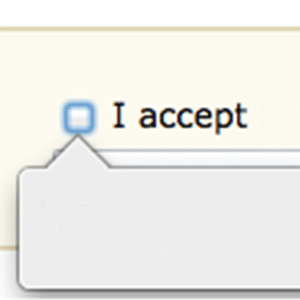Being cyber aware is a hard trait to acquire, especially when we have other online qualities and habits deeply ingrained in our system. These habits have become a norm, and almost every individual ignores the threats they pose. Here is a list of things that you might be doing every day which are a threat to your online security.

The best thing about our devices is that they do a better job of reminding us when updates are rolled out/ are available. Since flaws and vulnerabilities are detected regularly, so is the availability of updates. Thus, you will receive a ton of notifications about a particular update to an extent where you think it’s annoying. What do you do next? You will mute the notifications. This habit means you will miss important updates and patches hence your system or apps will be at risk if the vulnerability in them is exploited.
Leaving your device unattended
This applies to computers and smartphones; most people are victims of this habit. For example, you have been working all day, and you decide its time to take a quick break or even get some fresh air. Since it’s a short break, you forget to lock your computer as you do not want to enter your long password again. But it takes a moment for a malicious person to load malware into your device and begin to wreak havoc. Before leaving your device behind, make sure it’s locked.

Almost every service, account or programs that are on the internet have a section of Terms of service. For instance, when signing up for let’s say a social media account, there’s a checkbox/button below these words, “by continuing, means you have read and understood our terms of service.” Usually, there’s a link in the words, ‘terms of service’ that when clicked, will open the terms of service page. But since you might be eager, and in a hurry to use the service, all you end up doing is agreeing to what you don’t know. You risk your online data since some of the services have stated in their terms that they have a right to retain your data, track you and even may allow third parties to access it. Other services collect your device fingerprints, and other can delete your account without prior notice.
Using social media logins to register on other sites
When presented with; register using your email or with Facebook/Google, you are likely to choose with Facebook/Google or another available social media site. This is understandable because using social media logins is convenient, faster and you don’t have to remember passwords. But there are two major problems with this type of login.
First, if your social media account gets hacked, the hackers will have access to all the other linked accounts. Second, the other accounts also have partial access to your personally identifiable information which you would like to keep private elsewhere.
Carelessly/accidentally posting
You have probably heard this phrase, ‘the internet never forgets.’ This is indeed true as what you post on the internet will remain on the internet even after you delete it. It might not show on the site you posted, but it will be available on other several internet caches. For instance, here is a layman’s example, memes. You post a picture doing something funny but not appropriate, some meme maker sees it and trends your pic worldwide. This means deleting it from one site won’t help. So, if you don’t want your information on the web, don’t even think about posting it in the first place.
Not using a VPN
The P in VPN stands for Private; a VPN will not only keep your information secure, but it will also keep your identity hidden when you are online. This minimizes a lot of internet threats from malicious people that are after your data.


